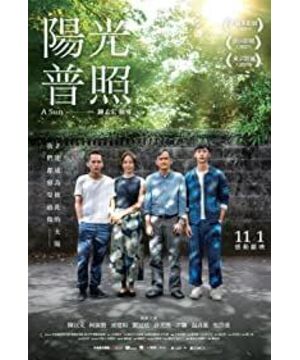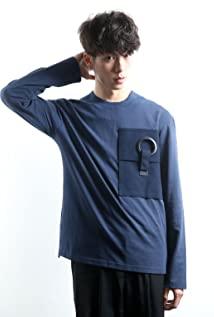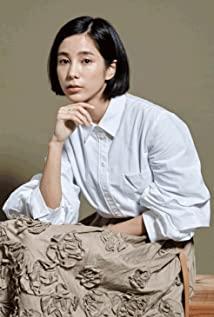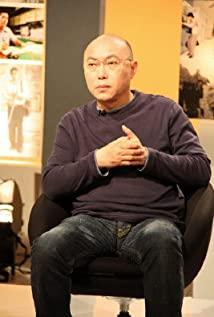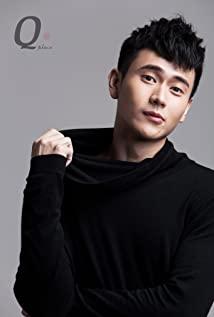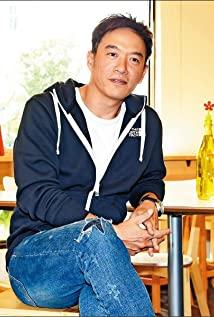A family of four may each have their own ethnic orientation, and behind the character setting are all-inclusive role indications: a silent and dogmatic father, a tolerant and enduring mother, an excellent but repressed eldest son, and a young son who stumbled and turned back. As a leader in Taiwanese films, the ZZ metaphor of the three places on both sides of the Taiwan Strait is not an over-interpretation.
"Sunshine" is not a positive, good or upward force in the film, which makes "Sunshine" a partner or a descendant of Li Changdong's "Miryang". I wrote "Miryang" before, and the title of the film review is called "My Secret, I Don't Need Your Light", and many of the words in it can be copied, and the same applies to this movie~
"The sun in Miryang is still exceptionally bright. This is the last shot of the movie. The sun shines in the corner, bright, and a small grass trembles slightly, as if it was hit by the sun at a loss.
But after all, there is no absolute sunshine in the world, we all know this. The sun covered the grass, and the grass had nowhere to hide. But the grass is not transparent air after all. Under the sun, it still casts its own humble shadow. "
The monologue of the eldest son in "The Sunshine" is that he needs such a shadow~
"The most fair thing in this world is the sun. No matter the latitude, every place has half the time of day and half of the year. We went to the zoo a few days ago, and the sun was so strong that all the animals couldn't stand it. They all managed to find a shadow to hide in. I had a vague feeling that I couldn't tell, and I was hoping that like these animals, there were some shadows to hide, but I looked around and it wasn't just these animals that had shadows to hide, including You, my brother, and even Sima Guang can all find a shaded corner, but I don't have it, I don't have a water tank, I don't have a dark place, there's only sunlight, 24 hours a day, bright and warm, and the sun shines."
He is the grass in the final shot of "Miryang", with nowhere to hide from the sun. What he hadn't had time to understand was that no matter what, he himself had a side that turned his back to the sun. The little shadow there was his dignity, which was enough to protect him and the people he loved.
The death of the eldest son only appeared in the middle of the movie, and at this time the lives of other people continued to move forward according to the truth that he did not understand. What he didn't do, his brother did, and that little shadow of his own humbleness became the strength of his other, more responsible life. His father, shadowing him with his own sin, went to shelter the family he came to cherish. These are two men who have been changed by the death of their relatives, but they have always been tolerated and protected by some humbler and greater shadow, that is, women who are symbolized by their mothers.
Therefore, the father-son relationship can only be regarded as an emotional point, or an emotional line in the movie. "The Sunshine" is closer to the genre of "Miryang" and "Parasite". As far as the Taiwanese film tradition is concerned, it inherits the blood of Yang Dechang's "Yiyi", not Ang Lee's "Father Trilogy".
View more about A Sun reviews


